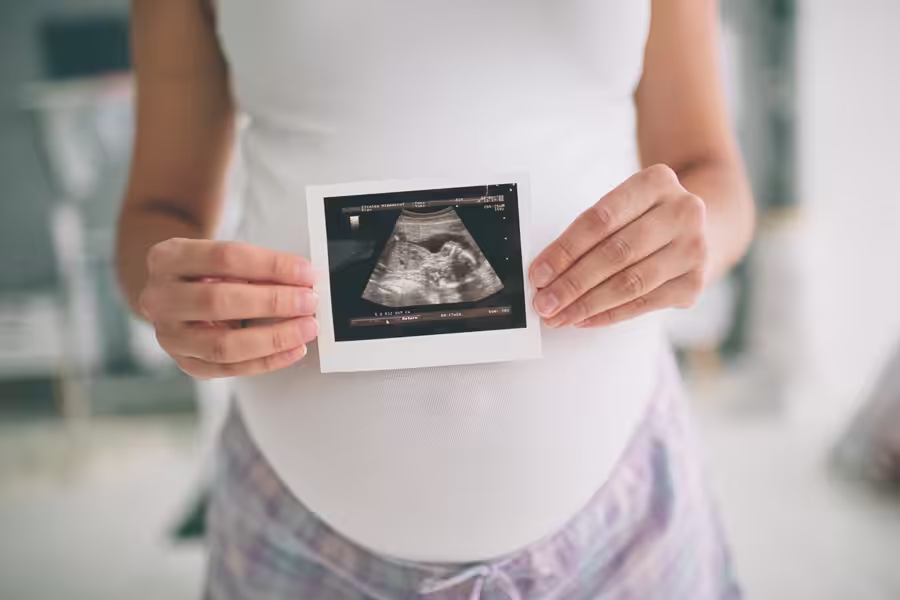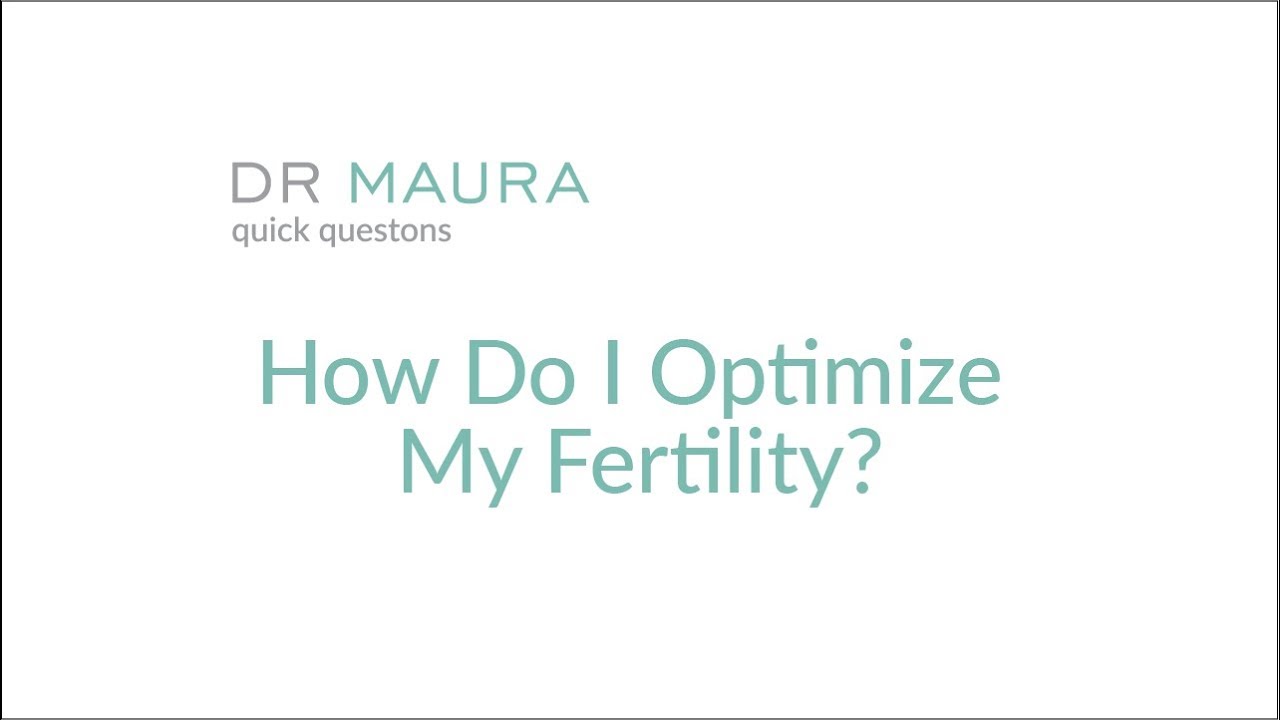(646) 760-6627

How Do I Optimize My Egg Quality And Fertility?
I’m perpetually inspired by my female patients: successful, interesting, socially and culturally engaged women who know their minds, and their bodies. Many of these women focus on their professional lives and hold off on having children until their late thirties and early forties, so I end up talking a lot with patients about getting their bodies in shape for pregnancy later in life. I practice in New York City, which ranks first among cities in the country for women between the ages of 40 and 44 pursuing their first pregnancy. Women come to me hoping to optimize their chances of a natural pregnancy or to increase their chances of having a successful in vitro fertilization cycle.
Delaying pregnancy is something I can relate to, as my first pregnancy came at the age of 40. I was able to get pregnant quickly, easily and naturally, but that is certainly not the case for many women my age. The ramifications of waiting to get pregnant are decreased egg quality, hormone imbalance, and the negative effects of the accumulation of an imbalanced diet, too much stress, and other ill effects of decades of an overly busy, urban lifestyle.
As a woman ages, so, too, do her eggs. One of the primary reasons women around 40 are unable to conceive is due to decreased egg quality and fertility. Each woman is born with a set number of eggs, the quality of which depends on the its mitochondria, or engine, of the cell. The more and healthier the mitochondria, the more viable the egg. As we age, our mitochondrial activity decreases, which negatively affects the eggs’ viability. Factors besides maternal age can affect egg quality and fertility: endometriosis, autoimmune disorders, environmental exposures and hormonal imbalances such diabetes and PCOS.
Improving egg quality and fertility is possible, though. Typically I recommend my patients begin to work on this at least three months before they desire to conceive, as eggs go through a maturation process within the ovary of about that amount of time. First, reducing oxidative stress on the body will help egg quality: stop smoking, cut caffeine down to one cup per day and minimize alcohol. Increase antioxidants both in the diet and through supplementation, as they have protective effects on the mitochondria. Some of my preferred supplements for this purpose are alpha lipoic acid and melatonin. Direct mitochondrial support in the form of inositol, which properly fuels mitochondria with glucose and carnitine, which also help to provide fuel from fatty acids, are essential.
Not every supplement or intervention will suit every woman. My preference is always to see what’s happening in terms of a patient’s physiology. I like to think of this as the more intelligent, comprehensive approach to fertility; no woman’s cause for not conceiving is going to look exactly like anyone else’s. As a naturopath and adherent of the functional approach, I run labs such as an Organic Acid panel, which determines vitamin, antioxidant, mineral, amino acid, and fatty acid levels, in addition to sources of and how much oxidative stress the physical body is experiencing. The test also see if the gut or detox pathways are presenting any sources inflammation or sluggishness that can impede fertility.
Reproductive endocrinologists typically will test women for hormone levels and I always encourage my patients to bring those labs in so I can take a look. It’s certainly not uncommon for women, as they get older, to see their hormone levels decrease or become imbalanced. Often, women are given one solution to this: birth control. But the beauty of the tools naturopaths use, herbal medicine, homeopathy, nutrition as medicine, we can coax and encourage the body to produce its own hormones at the right levels and the right times of the month. I’ve seen it time and time again with patients that the body often needs just the hormonal reminders that a powerful and well-chosen herbal tincture can provide. I also encourage adrenal testing for women who are particularly stressed or burnt out, as adrenal fatigue is a very common reason why women stop ovulating or have short menstrual cycles. Rebalancing the adrenals can transform a fertility journey.
Diet is a factor we cannot leave out in the discussion. Sugar consumption and obesity are both inversely correlated with conception rates, as they imbalance hormones, alter ovulation and decrease mitochondrial activity. There are certain foods that are non-negotiable aspects of treatment when I’m working with a woman trying to get pregnant. Those include lots of fats in the form of butter and fish oil, potent green juices, alkalizing supergreens such as spirulina, and eggs. But from there, again, it’s very individualized. I often look at food sensitivities to see if any foods are creating an autoimmune trigger. We keep diet diaries to make sure there’s enough protein in the diet, which provide amino acids, the building blocks for healthy cells. Often once we take a deep dive look at diet, we realize what’s missing and how to create a perfect, personalized fertility diet.
These are starting points. As with all imbalances in the human, fertility contains physical, mental, emotional, and spiritual aspects. There’s great beauty and hope in the naturopathic medicine kit for addressing imbalances, removing barriers to healing, and allowing the body to do what it knows how to do. As impressed as I am by my patients, I am also amazed by their bodies’ ability to react and respond positively to the right kind of, and combination of, approach. I love working together with acupuncturists, bodyworkers, medical doctors and the like in the arena of fertility. Having gone through my own, very unique, journey toward conception, I landed on my own combination of natural interventions that led to a healthy pregnancy and it’s one of my missions in as a doctor to help other women have the same experience.
#LiveWell
Dr. Maura Henninger
Looking for personalized support? Visit our Fertility & Preconception Health Services page to learn how naturopathic care can support your fertility journey.


